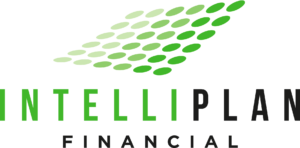Outstanding Retirement Options for Employees & Owners
Help your small business establish company-sponsored retirement plans for both you, the owner, and your employees. Set yourself apart from the competition. Explore this exciting opportunity to grow your business by focusing on this very lucrative and expanding market.
The Defined Benefit Plan is a retirement plan that provides retirement benefits to the owners and employees of a company provided annual premium contributions have been funded. The plan may be funded with, but not limited to, life insurance and annuity contracts.
A Profit Sharing Plan is a defined contribution plan in which the employer makes discretionary contributions. A key advantage is flexibility in determining the annual contribution. The maximum annual employer deduction for contribution is 25% of eligible compensation. There is also a maximum individual contribution limit. The individual limits are adjusted annually for cost-of-living increases.
A Cash Balance Plan is a defined benefit plan that provides benefits to participants in the form of hypothetical account balances normally stated as a dollar amount or a percentage of compensation. Each year, eligible participants receive their benefit in the form of a pay credit and an interest credit that is added to their hypothetical account.
However, the plan is still funded like a traditional defined benefit plan with funds going into a pooled account.
A 401(k) Profit Sharing Plan allows employees to defer a portion of their income (tax deferred) to the plan while also allowing the employer to fund a matching and/or discretionary contribution. The salary deferrals are always 100% vested. They are limited to the lesser of 100% of the employee’s compensation or the current year’s dollar limit. Participants age 50 or older may make an additional “catch-up” deferral. These thresholds are adjusted annually for cost-of-living increases.
A matching contribution by the employer may be included based on the salary deferrals. The matching allocation formula varies according to the employer’s funding objectives and may be discretionary. Highly compensated employees’ deferrals may be limited and retirement benefits are impacted by investment returns. 401(k) Plans also must satisfy nondiscrimination testing requirements.
Ready to Talk?
Enter your number and we will call you shortly!
Or, skip the intro call
We are ready to help you chart your financial future.




